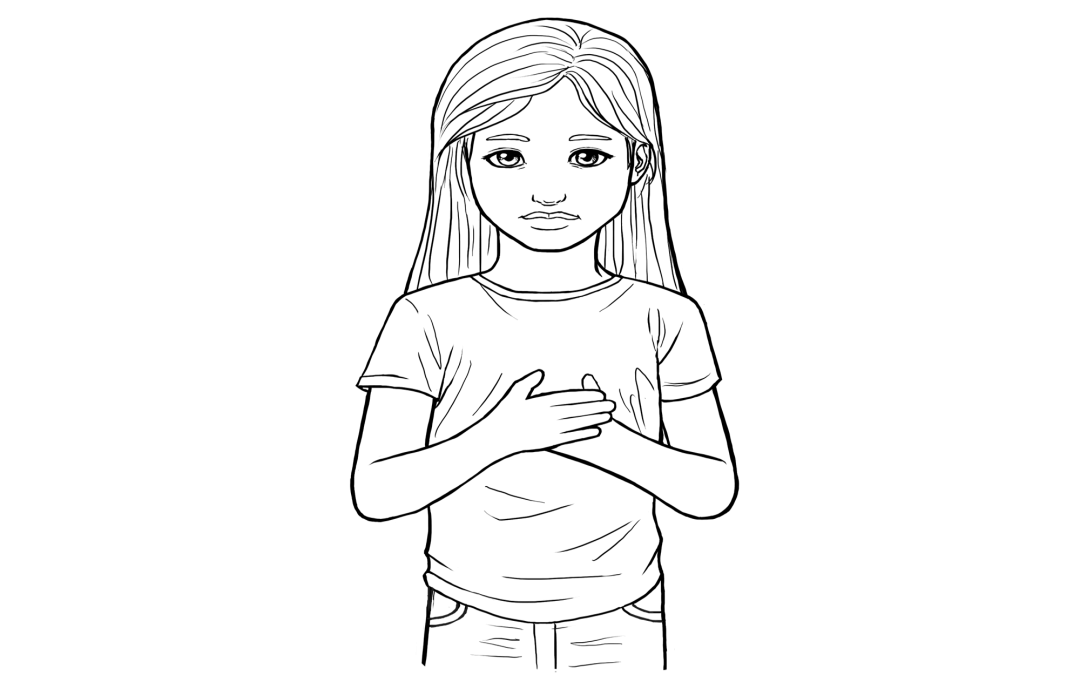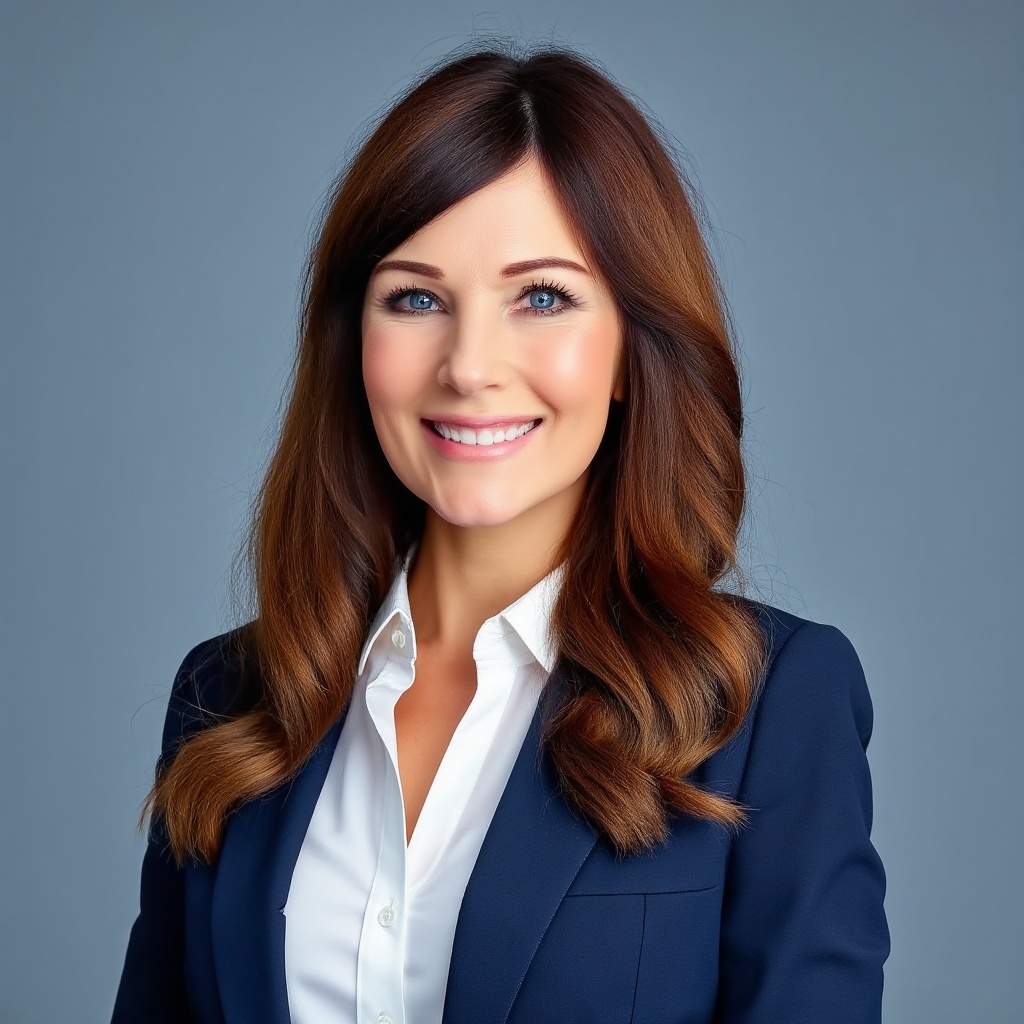| Today I’d like to talk about something that’s an important foundation of our work together–healing shame. This will be done in 4 parts. Part 1 today. To start, it’s important to understand the origin of shame, why we are biologically programmed to feel it at times (how it serves us!), when it becomes toxic (how it holds us back!), and how we can heal it so we reduce the levels of shame we might unknowingly create in our own children. Healthy Shame Creates Empathy and Community Healthy shame is an uneasy feeling (guilt) one has about having done something to hurt another person. This is helpful. Despite common dogma, we are biologically programmed to be moral–to care not only for ourselves but the greater good. It’s in our DNA. We feel shame at the parasympathetic level, just below the diaphragm. We don’t like this feeling when it hits, so the idea is to feel it, sit with it, and to have the uncomfortable feeling “move” us to not engage in that behavior again. It’s how we maintain empathy and develop community. It’s how we bond. Toxic Shame Creates Pain and Self-Limiting Beliefs Now, let’s look at unhealthy, or toxic, shame and our role in it as parents, as well as our parents’ role, and theirs before them. Shame has a long shelf-life. Understanding shame is an opportunity to create something new for the legacy of our families. When parents argue, yell at their child, manhandle them, or worse–the child feels like they want to disappear. Disappearing, which is a symbolic “death,” goes against our strongest instinct, which is to survive. The child cannot see options in this moment, when parents are acting so emotionally confusing. The same is true if the actions are from another caregiver they trust, such as a teacher, babysitter, family friend, or other trusted adult. From a biological level, the child wants to be part of the tribe, his survival is dependent upon it, so he has to see his parents as good. When a child is faced with the decision to determine if his parents are good or bad, the child feels disloyal, which simultaneously makes him feel like he doesn’t belong. There is a choice point that is not done consciously, but this is where shame is chosen. When a child is rejected, neglected, or spoken to harshly, they are in some way, being traumatized. It can be infrequent and acute, or low level and chronic. If the person doing the traumatizing is a parent, the child has two options. Either: “Oh my god, my parent is deeply flawed, and I’m out in the world on my own without any kind of support!” or “My parents are right—there’s something terribly wrong with me, and I’ve been very bad. I don’t belong here. I don’t belong anywhere.” A child will invariably say “There’s something wrong with me,” instead of “There’s something wrong with my parents.” A child cannot see their parents as less than, because they need to feel safe and to be protected. If a child sees their parents as less than, the feeling would be unbearable because it would mean they are alone in the world—so they choose shame over the overwhelming thought of being “alone in the world.” The Consequences of Unhealthy Shame Shame that is developed and reinforced throughout childhood can lead to anger, anxiety, risky behaviors, impulsivity, compulsive thought disorders, an inability to self-soothe, and depression, among other outcomes. The pain of these outcomes can be a catalyst to numbing oneself through addiction. Addiction can be to drugs, alcohol, sex, perfectionism, work, negativity, and other patterns. When someone is wrought with shame at unhealthy levels, whether child or adult, they often create a cycle of shame, wherein they engage in behaviors that further alienate them from their “tribe.” Their shame is reinforced. They are no longer acting from their True Self, who was born whole, complete, and perfect. They are acting from what remains—the shelled, masked Self who has been left to interact with the world. The core of the person is safely hidden away. (But it’s still there!) Heal Shame and Reclaim Your Core The miraculous process through which a child self-protects when they are young shows up as maladaptive in adulthood because the same coping mechanisms no longer work once the child is grown. The childhood coping mechanisms especially do not work in an intimate relationship, where vulnerability is required. There’s too much risk. Parents, and all adults they trust, are thought of by children at god-like levels, given powers that exceed true abilities in the world. When we grow up, we realize our parents were just struggling people, when we become the ages that they were. And we say, “Oh my, you mean they weren’t a god? They were just a lost and struggling human being like me?” It can be both liberating and disillusioning. It’s easier to get stuck into shame/blame with oneself than to engage in reality-testing and see the parent as they truly are–imperfect, like everyone else. Yet, this is the pathway out. For all of us parents, there is usually some level of shame that needs to be engaged and released for optimum parenting skills to be developed, so we can experience deep joy and high levels of effectiveness in parenting. Through healing, we can experience a knowing that our parents were ineffective in some ways, that we are ok. We know our parents were operating from their own shame. We can see our parents for who they really are, and forgive them, see them with eyes of compassion. We can then take off the protective mask, and feel safe on our own. The brain changes during this process, too, improving distress tolerance, which changes the default tendency. We feel whole again. This is the ideal place from which to parent our own children. When this healing takes place, addictions can be released, high level coping and relating skills can be developed, life begins to feel easier, and a joyful aliveness can be experienced in the body. We become massively safe to love and accept ourselves, and, in turn, to love others. We are only as gentle with others as we are with ourselves. Engaging and releasing shame is the first step. As we move through our work together, you will be invited to take courage to identify, engage, and release shame from childhood through awareness, reframing, and reclaiming the core of your being. Your kids want to know who you are. The grand radiance of you. |
Cara Day-Albers, M.A.
Family Coaching
7760 Fay AvenueLa Jolla, CA 92037
caraday.comdayprep.com
cell: 619.991.1970







